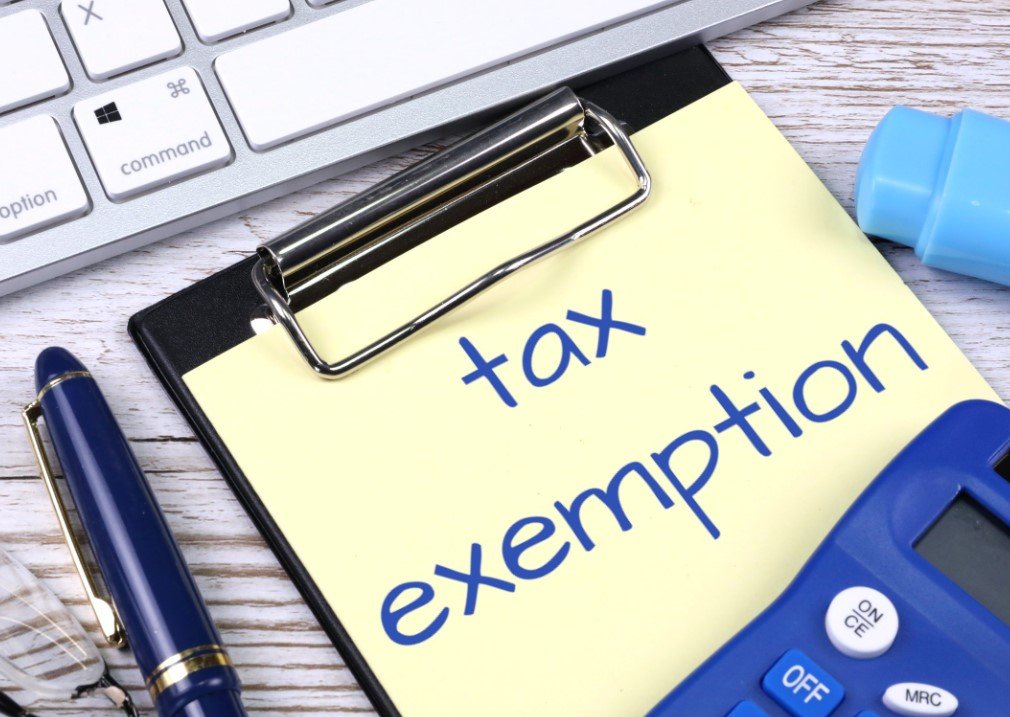The BC Craft Farmers Co-Op challenges the federal government to extend the GST tax holiday to include legal cannabis products, arguing for fair treatment over alcohol.
Unequal Taxation: Alcohol vs. Cannabis
The recent federal GST tax holiday has sparked debate among various industries. While alcoholic beverages benefit from this temporary exemption, cannabis products remain taxable, prompting backlash from the BC Craft Farmers Co-Op (BCCFC).
Tara Kirkpatrick, president of BCCFC, voiced strong opposition: “Alcohol contributes to tens of thousands of deaths in Canada each year and imposes an estimated $20 billion in annual societal costs, with health care costs alone surpassing $6 billion.” She contrasted this with cannabis, stating, “Cannabis, on the other hand, does not carry the same societal harms.”
The co-op represents BC’s craft cannabis farmers, processors, and retailers, who feel disadvantaged by the current GST policy. They argue that excluding cannabis from the tax holiday not only favors a harmful substance but also stifles the growth of a legitimate and regulated industry.

Impact on the Cannabis Industry
Excluding cannabis from the GST tax holiday presents several challenges for the industry. BCCFC highlights that this policy creates a disparity between alcohol and cannabis, despite cannabis being legal and regulated since 2018.
- Financial Strain: Cannabis businesses face higher costs, making it harder to compete with alcohol.
- Market Growth: The lack of tax exemption hampers the ability of cannabis companies to expand and innovate.
- Consumer Prices: Higher taxes on cannabis products can lead to increased prices for consumers, potentially driving them back to illicit markets.
Table: Comparison of Taxation Impact on Alcohol and Cannabis
| Aspect | Alcohol | Cannabis |
|---|---|---|
| GST Tax Holiday | Exempted for the duration of the holiday | Not exempted |
| Annual Societal Costs | $20 billion | Significantly lower |
| Health Care Costs | Over $6 billion | Minimal compared to alcohol |
| Industry Growth | Supported by tax exemptions | Hindered by additional taxes |
| Consumer Accessibility | Higher accessibility due to lower prices | Limited by higher costs |
This table underscores the financial and operational disparities that arise from the current GST policy, highlighting the need for equitable treatment of both industries.
Advocacy for Fair Tax Policy
BCCFC has been vocal in its advocacy for a revised GST policy. Tara Kirkpatrick emphasized the necessity of fair taxation: “It’s time for the government to treat cannabis more fairly and add it to the GST exempt list, especially as we head into the holiday season.”
The co-op contends that cannabis businesses already contribute significantly to the economy through taxes, job creation, and supporting local communities. By excluding cannabis from the GST tax holiday, the government is not only favoring a detrimental industry but also hindering the economic benefits that a thriving legal cannabis market can provide.
Strategic Timing and Political Implications
The timing of the GST tax holiday, coinciding with the holiday season, presents both opportunities and challenges. BCCFC argues that including cannabis in the exemption would support the industry during a peak sales period, fostering growth and stability.
Trenton Birch, co-founder and CEO of Cheeba Africa, a cannabis health and wellness company, explained, “A lot of people do not understand how politically complicated it is to get legislation over the line. So for it not to have [been approved] would have meant we would have been stuck, and after the elections, matters like these are often overlooked for months on end.”
The co-op’s call to action includes urging the Minister of Finance to reconsider the decision, aiming to level the playing field for the cannabis industry and recognize its lower societal impact compared to alcohol.
The Path Forward: Balancing Public Health and Economic Growth
BCCFC’s push for including cannabis in the GST tax holiday aligns with broader goals of promoting public health and supporting economic growth. By advocating for fair taxation, the co-op seeks to:
- Reduce Stigma: Equal treatment helps normalize cannabis use and reduces societal stigma.
- Boost Economy: Lower taxes can stimulate business growth, leading to more jobs and economic opportunities.
- Enhance Public Health: Redirecting focus from alcohol, a more harmful substance, to cannabis can have positive health outcomes.
Pascal Culverhouse from Electric Tobacconist adds, “We need to prioritize policies that reflect the actual societal impacts of substances. Fair taxation is a step towards a more rational and health-conscious approach.”
Community and Industry Support
The call for tax fairness has garnered support from various sectors within the cannabis community. Local businesses, farmers, and advocates recognize the importance of equitable policies in ensuring the sustainability and legitimacy of the legal cannabis market.
Richard Dennehy, founder and CEO of Rehemption, a cannabis and hemp company, stated, “The missing link is creating pathways for formal market entry, investment, and job creation. Fair taxation is essential for unlocking the full potential of our industry.”
By fostering a more inclusive tax policy, the government can support the legal cannabis market’s growth, benefiting both the economy and public health.
Michael Brown is a seasoned journalist with a knack for uncovering compelling stories within the realm of cannabis. Through his investigative reporting and in-depth analysis, he sheds light on the regulatory challenges, market trends, and societal impacts of the burgeoning cannabis industry. Michael’s commitment to objective journalism and ethical reporting makes him a trusted voice in providing readers with balanced and informative articles about this rapidly evolving landscape.








